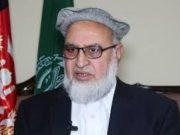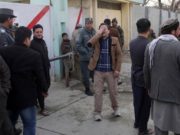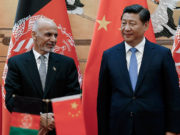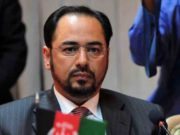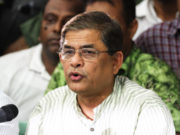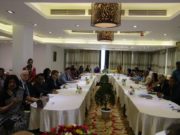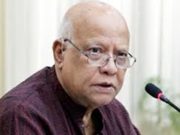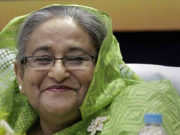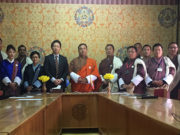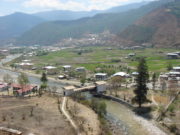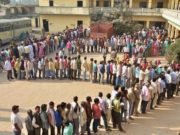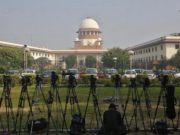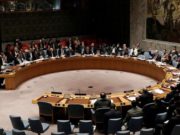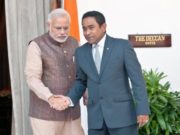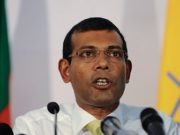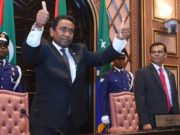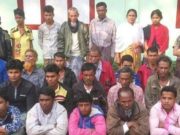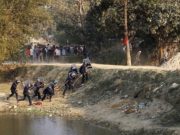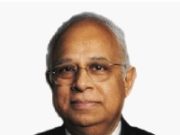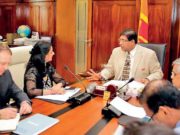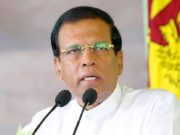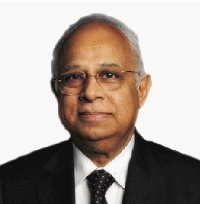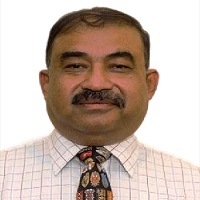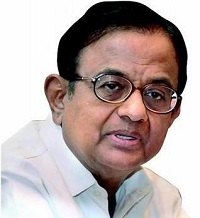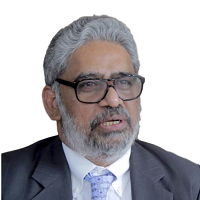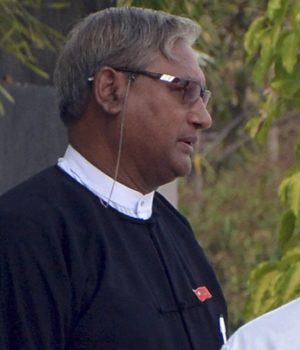India’s Supreme Court (SC) has asked the federal government to release funds for a border fence with Bangladesh and observed that the updating of the National Register of Citizens in the state of Assam has to be finished soonest possible.
The SC bench of Justices Ranjan Gogoi and R F Nariman checked out the federal government’s progress report on fencing the border with Bangladesh and observed : “Without going into the merits of the submissions, we are of the view that the task of border fencing and physical manning of the border (where fencing could not be done) has to undertaken and concluded.”
India’s Additional Solicitor General (ASG) PS Patwalia told the bench that the Assam government has sought Rs 29.6 million for acquiring land for creating infrastructure to secure the border.
He said the Expenditure and Finance Committee would meet on March 10 to decide the issue, which would be attended by the Home Secretary also.
The SC bench also made clear that updating the National Register of Citizens (NRC) to identify original residents of Assam would continue under state coordinator Prateek Hajela and he has to be given whatever it takes.
“We are making it very, very clear (to the state) that whatever manpower they (Hajela committee) want, has to be given. We want this work to be done quickly,” the bench said and posted the matter for further hearing on April 19.
It was hearing the pleas of Assam Sanmilita Mahasangha, Assam Public Works and All Assam Ahom Association filed in the aftermath of large-scale riots in 2012 and 2014.
Also read: Modi’s move backfires in Assam
The petitions alleged that sovereignty and integrity of India was at stake as a massive influx of illegal migrants from the neighbouring country has affected the “core constitutional values”.
Earlier, the bench had passed a slew of directions, including an order to the Centre to complete the fencing work along the Indo-Bangla border to check cross-border influx of illegal Bangladeshi migrants into Assam and streamline the process to deport them back.
The bench had decided to keep monitoring the implementation of its directions.
The apex court had also laid down a time-table for updating the National Register of Citizens (NRC) in Assam so that the entire updated register is published by the end of January, 2016.
But that could not be comnpleted within the deadline , though the Supreme Court appointed a panel of three former High Court judges, headed by Justice Aftab H Saikia, to monitor the NRC updating.
The apex court had also asked NRC to consider the request for registration by persons in Assam who were not residents of the state till March 24, 1971, if they provide proof of their citizenship of other Indian states.
In December 2014, the apex court had referred to a larger bench the issue of constitutional validity of section 6A of the Citizenship Act with regard to the cut-off date for awarding citizenship to the migrants.
It had asked the federal government to detect and deport all illegal migrants who have come to Assam after March 25, 1971 and hold discussions with the Bangladesh government to ensure that illegal migrants are sent back.
It had ruled that the foreigners, who came to India between January 1, 1966 to March 24, 1971, be awarded citizenship as per law.
The Supreme Court has taken a tough stand on the issue of illegal migration from Bangladesh into Assam.
When some Assamese politicians led by the state’s present chief minister Sarbananda Sonowal spearheaded the challenge against the Illegal Migration( Determination by Tribunals) act, 1983, the apex court quashed the IMDT act .
Sonowal and others had argued that the Act was not only soft on illegal migrants but actually helped them mount a legal defence.
The quashing of the IMDT act boosted Sonowal as a ‘Assamese hero” and left Bengali-speaking migrants, both Hindus and Muslims alike, worried.
But now Sonowal has a problem — he is not able to sell his party’s line of ” Hindus are refugees and Muslims are illegal migrants” to the ethnic Assamese groups.
The SC’s rulings on the issue however has not had much impact outside Assam on other Indian states bordering Bangladesh.


